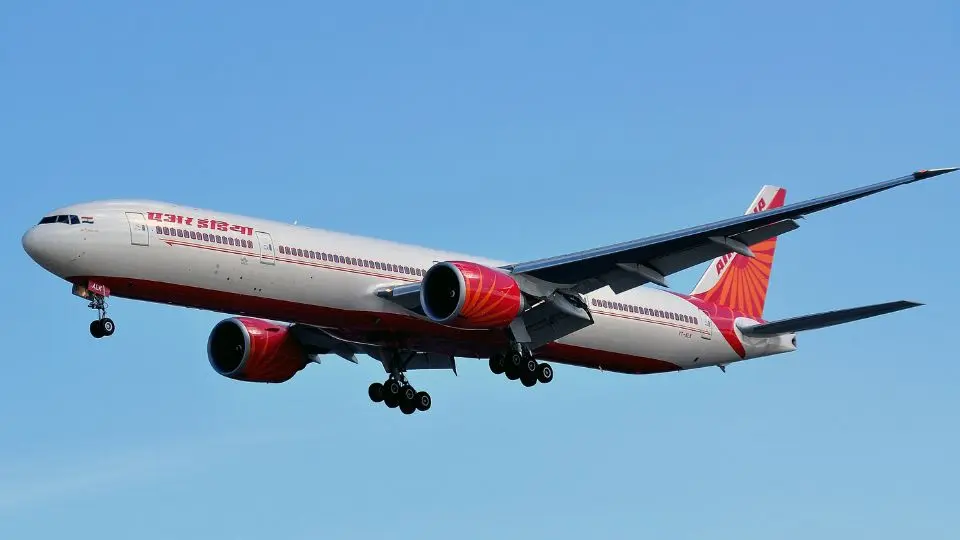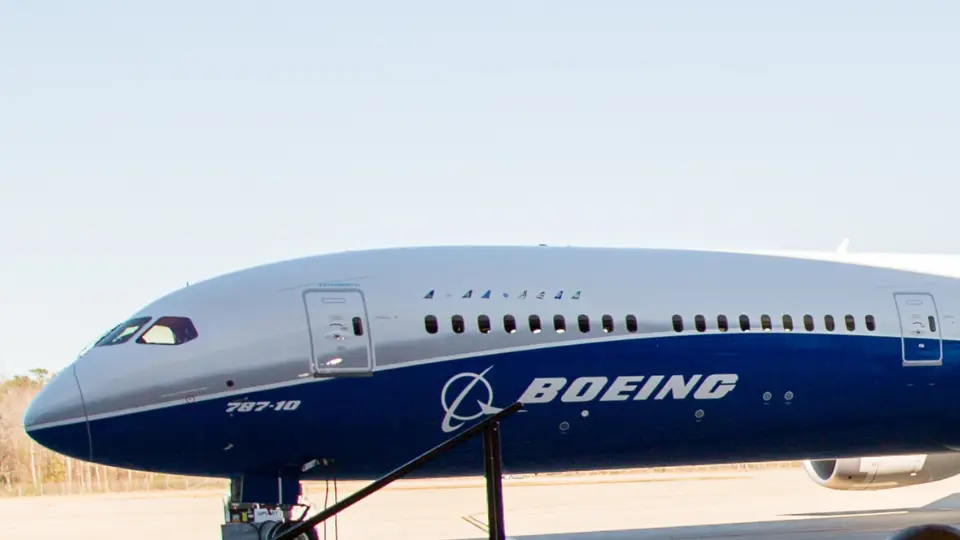Shares of Boeing Co. (NYSE: BA) took a sharp 4.8% dip in Thursday's trading session, after a fatal crash involving an Air India flight raised fresh concerns about aircraft safety and potential regulatory repercussions. The aircraft, a Boeing 787-8 Dreamliner, crashed shortly after takeoff from Ahmedabad, Gujarat, en route to London, killing 241 of the 242 people onboard.
This marks one of the deadliest aviation incidents involving a Boeing 787, intensifying global debates over aircraft inspection standards, component reliability, and Boeing’s ongoing safety track record—particularly in developing markets with expanding aviation sectors.
GE Also Hit, As Engine Manufacturer Faces Pressure
General Electric (NYSE: GE), which manufactures the GEnx engines used in the Dreamliner, also saw its shares fall by 2.2%. Preliminary reports suggest a possible engine-related issue moments before the crash. While investigations are still underway, early indications of mechanical failure have sparked renewed scrutiny of GE's aviation components.
Regulators and Aviation Experts Call for Immediate Investigation
India’s Directorate General of Civil Aviation (DGCA) and the U.S. Federal Aviation Administration (FAA) have announced a joint investigation into the crash. Aviation safety experts warn that repeated technical failures could trigger more stringent regulatory reviews of Boeing aircraft and its supply chain, especially in high-growth aviation markets like India.
Investor Confidence Shaken as Legal and Financial Risks Loom
Thursday’s stock market reaction was more than just emotional; it reflected investor anxiety over potential legal liabilities, grounded fleets, and broader regulatory crackdowns. Although the Dreamliner has had a strong safety record, this incident could place Boeing under fresh legal scrutiny. The company already faces lingering trust issues following earlier crashes involving its 737 MAX model.
Possible Financial Fallout
- Boeing could face multi-million dollar litigation from victims’ families.
- Regulatory bodies might ground similar aircraft models or impose fines.
- GE may be required to recall or inspect engines depending on investigation results.
As of now, both Boeing and GE have released brief statements offering condolences but have withheld detailed comments pending the investigation’s outcome.
Long-Term Impact on Boeing’s Operations in India
India remains one of Boeing’s most important growth markets, with large-scale deals signed for both commercial and defense aircraft. A loss in credibility or regulatory confidence could seriously derail these prospects. Boeing’s recent $7 billion agreement with Indian carriers could come under review if fault is found on the company’s part.
Additionally, any delay in fleet deliveries or a potential pause in new orders could cause ripples throughout the global aviation supply chain—affecting not only Boeing but also its parts manufacturers and airline partners.
What’s Next for Boeing and GE Investors?
Analysts are urging caution. While both companies retain solid fundamentals, the next few weeks will be critical. Depending on the crash investigation’s findings, investors could see additional legal challenges, operational disruptions, or even class-action suits.
For now, the aviation and investment communities are monitoring developments closely—and bracing for continued volatility.







